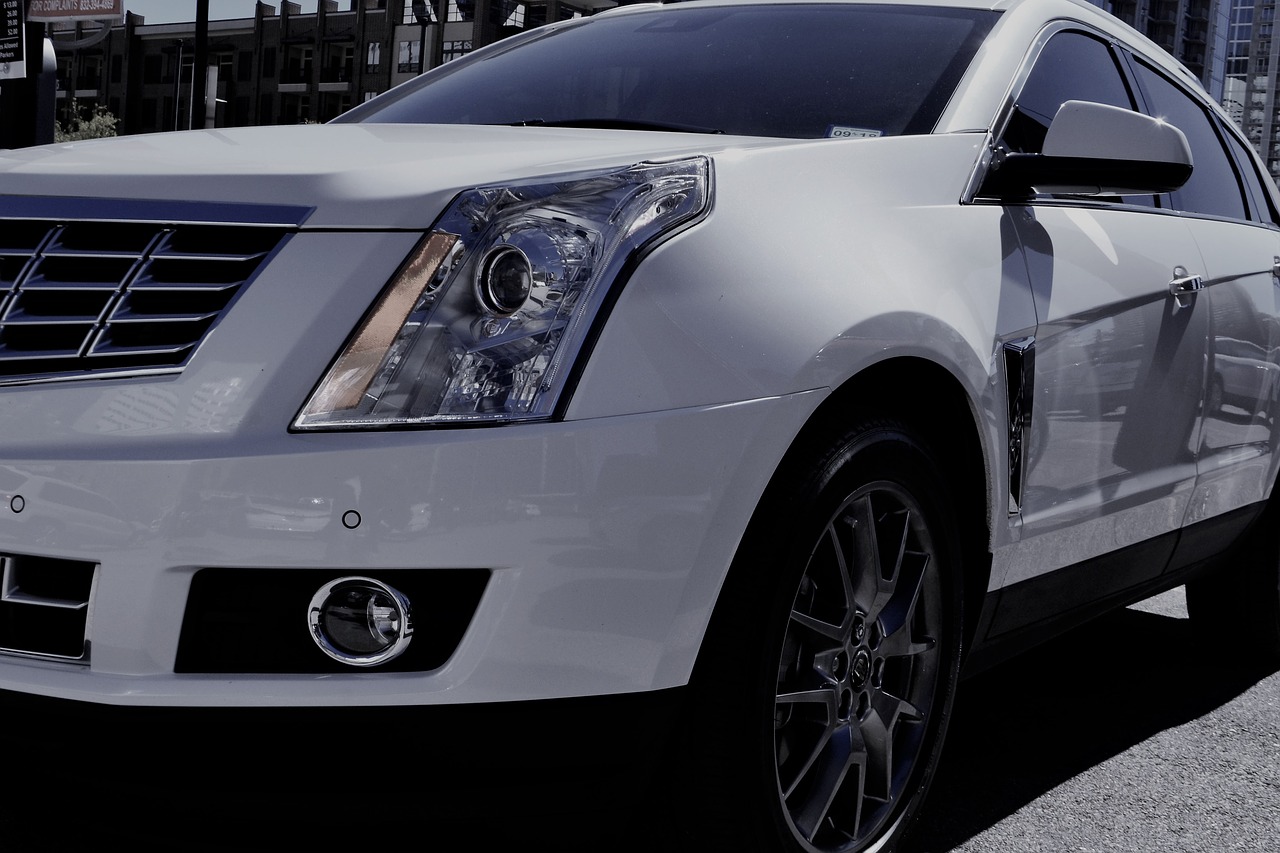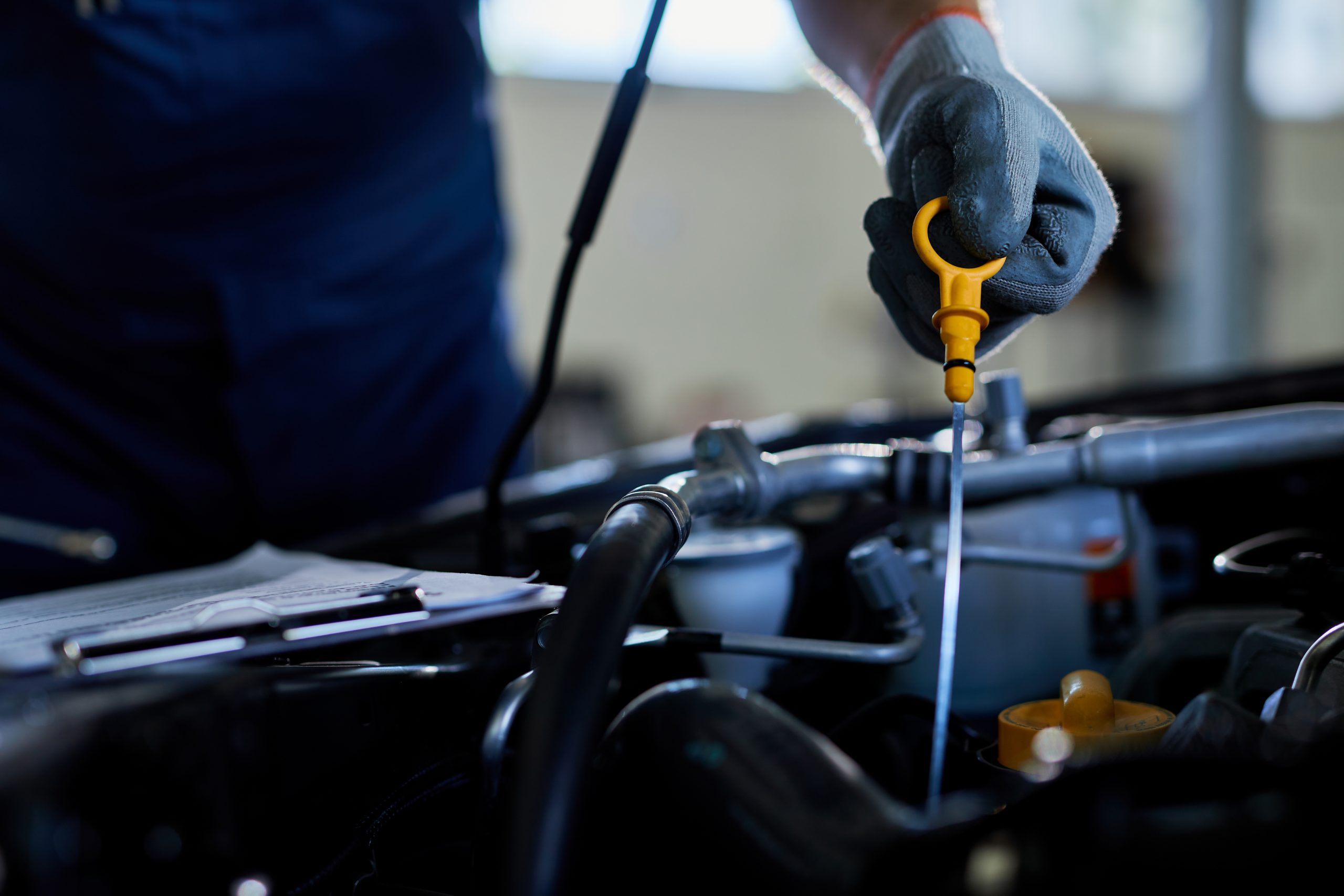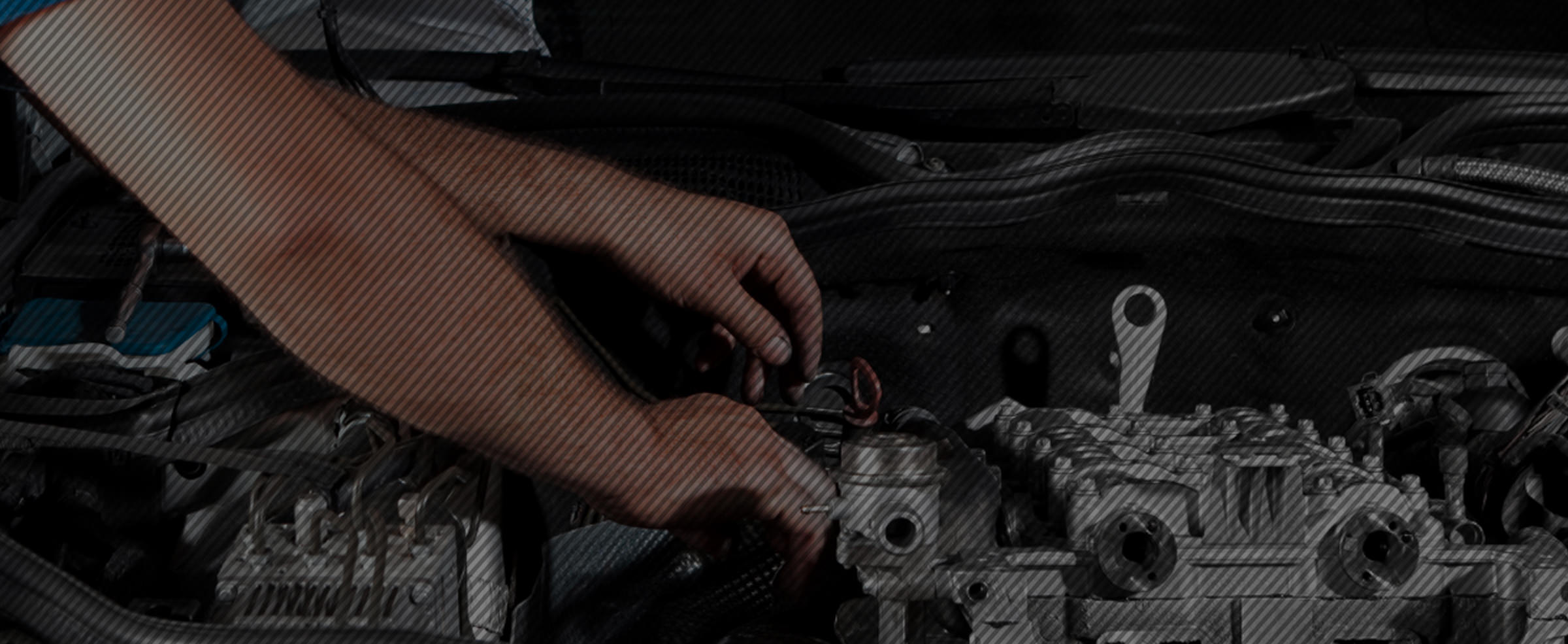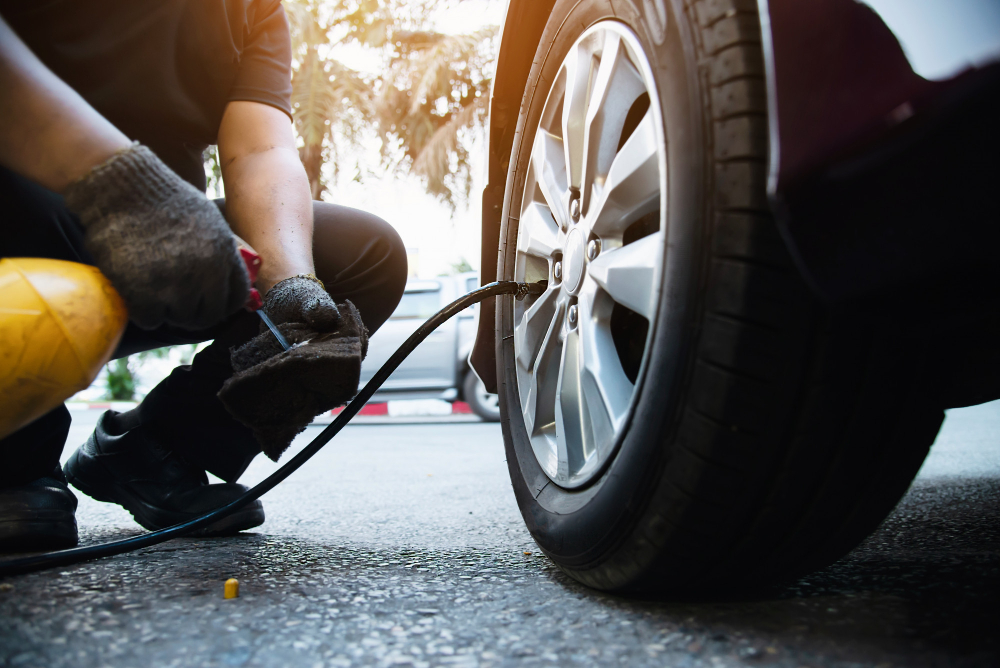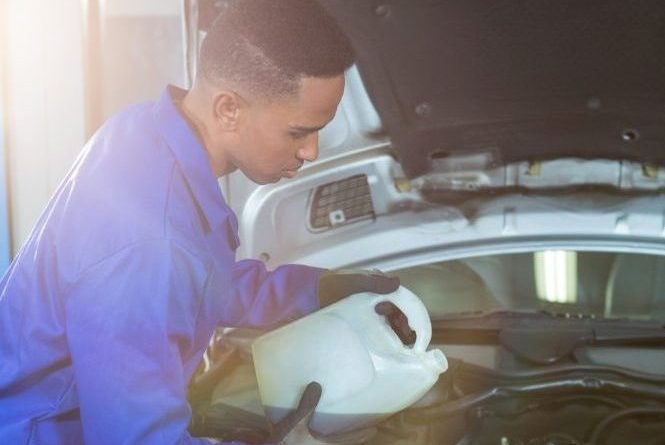You have probably heard of a tune-up. However, this simple procedure is one of the most hotly contested topics in car maintenance today. If you’re wondering about tune-ups, as your Logan area mechanic the following questions.
Do I need a tune-up?
Let’s start by asking the most important question. You are probably wondering if you even need a tune-up anymore. Your Logan area mechanic can help you decide if a tune-up is right for your vehicle.
Modern computerized engines do not need traditional tune-ups. They always remain “in tune.” That doesn’t mean you don’t need adjustments on modern vehicles, however. They just do not require the traditional tune-ups of older vehicles. Your mechanic can help you decide if tune-ups are right for your vehicle.
What gets adjusted during a tune-up?
Traditionally, tune-ups involved replacing or adjusting parts of the vehicle’s ignition system. These parts include the breaker points, condenser, distributor cap, rotor, and spark plugs.
Today, mechanics look at a variety of engine components during a tune-up. Spark plugs are still an important part of the process. But, at Ethan’s Honest Automotive, we also examine the whole engine and replace the air and fuel filter. Other things that may be checked in a tune-up include fluids, oil and oil filter, the battery, belts and hoses, windshield wipers, lights, and wheel bearings. Your mechanic will tell you what goes into their tune-up procedure.
How often do I need a tune-up?
Your mechanic will also be able to tell you how often your vehicle needs a tune-up. The general recommendations are as follows. Older vehicles with non-electronic ignitions require a tune-up every 10,000-20,000 miles.
Modern, electronic ignition vehicles can go much longer in between tune-ups. The recommendation for those vehicles is between 30,000-100,000 miles. Again, your Logan area mechanic can help narrow this range down for your specific vehicle.
What are the signs I need a tune-up?
Even on modern vehicles, there are some pretty strong signs that a tune-up is needed.
- The check engine light comes on. If this occurs, take your vehicle to a mechanic immediately for analysis.
- Your car doesn’t start consistently.
- Your gas mileage begins decreasing. Often one of the first signs of an engine misalignment is bad gas mileage.
- Your vehicle stalls often.
- These symptoms could also be caused by other problems. It is important to take your vehicle to a mechanic if you experience any of them. Your mechanic can help you determine the exact cause of the problem.
What is the history of tune-ups?
The history of tune-ups goes back at least fifty years. The carburetors on older vehicles needed to be regularly adjusted (or “tuned”). This process allowed the ignition and fueling systems to work in perfect sync with one another. These early vehicles had a point ignition system. All of the points had to be in the right location, and timed just right, for the vehicle to run optimally.
With the advent of electronic ignition systems and computer fuel injection systems, the need for traditional tune-ups has declined. However, your engine can be made to run more optimally and be more fuel-efficient. The definition of what constitutes a tune-up has just changed over the years.
